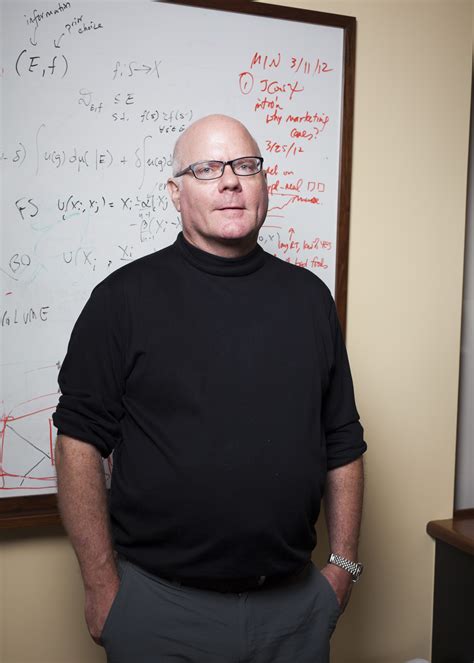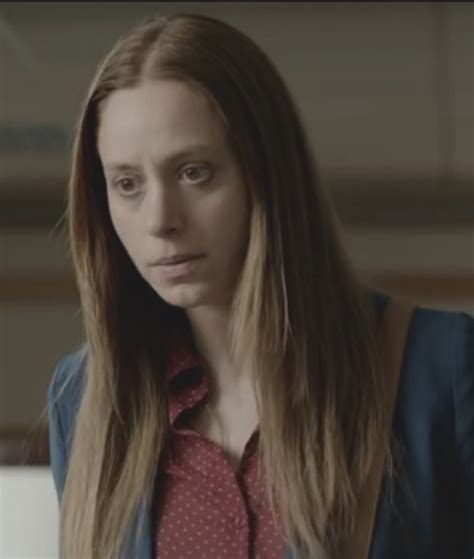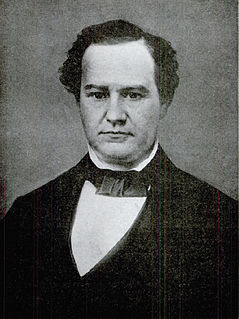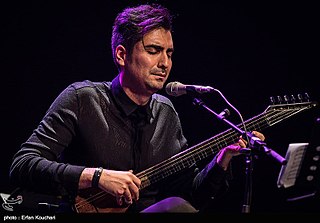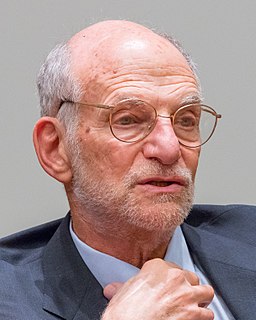A Quote by Colin Camerer
Caltech is a very adventurous place. Part of the culture is that we tolerate people doing things that seem impossible, and also synthesizing and borrowing ideas across very kooky and unusual boundaries.
Related Quotes
No doubt that anarchist ideas are frightening to those in power. People in power can tolerate liberal ideas. They can tolerate ideas that call for reforms, but they cannot tolerate the idea that there will be no state, no central authority. So it is very important for them to ridicule the idea of anarchism to create this impression of anarchism as violent and chaotic. It is useful for them.
It takes a number of different skill sets, I think, to try and be a good producer. You have to be very creative, but you also have to be incredibly financially minded. I jokingly say the job is kind of part cheerleader and part dictator. It is both of those things, because you have to make sure that people are doing what they need to be doing, but creatively you really need to be helping each person in every job across the crew. Cheering them on, keeping them inspired into doing their best work, and you have the director's vision in the forefront.
In those early days, the important thing was the happy ending. I did not tolerate unhappy endings - for my heroines, anyway. And later on, I began to read things like 'Wuthering Heights,' and very, very unhappy endings would take place, so I changed my ideas completely and went in for the tragic, which I enjoyed.
Working with family is probably one of the hardest things in business, but it can also be one of the most rewarding. You have to be very, very careful that you don't overstep the boundaries that you wouldn't with anyone else. Sometimes, we think that the unconditional love they have for us makes overstepping boundaries alright. It's really not. You have to work harder to not damage the family dynamic. That lasts forever.
Self-censorship has become a part of me. I think because we live in a place where community is very important, family is very important, you feel the weight of how people look at you. Even though I might seem very modern and very liberated, I still have a lot of issues to deal with. I'm scared of how people look at me.
Political correctness is the fascism of the 90's, it is this rigid feeling that you have to keep your ideas and your way of looking at things within very narrow boundaries or else you'll offend someone. Certainly one of the purposes of journalism is to challenge just that way of thinking, and certainly one of the purposes of criticism is to break boundaries, that's also one of the purposes of art.
Berlin is still a very edgy place, a very cosmopolitan place. It's a place where completely different ideas and cultures come together and clash in a very warm way. In a very warm-hearted way. It's a very young city. It's a vibrant city. It's an exciting city. It's a city that's also scarred by history. I think that's to be celebrated and graffiti is to be celebrated. Graffiti in Berlin is very different than when they spray something on the wall dividing the west bank and Israel. And should be treated as such in Berlin.
I love coming to D.C. I think it's a very unusual city. It's so fascinating that it's this weird place that everything thinks of as the capital of the country, there is so much international business, political stuff that is connected to that part of the country that it has a very charred atmosphere.
